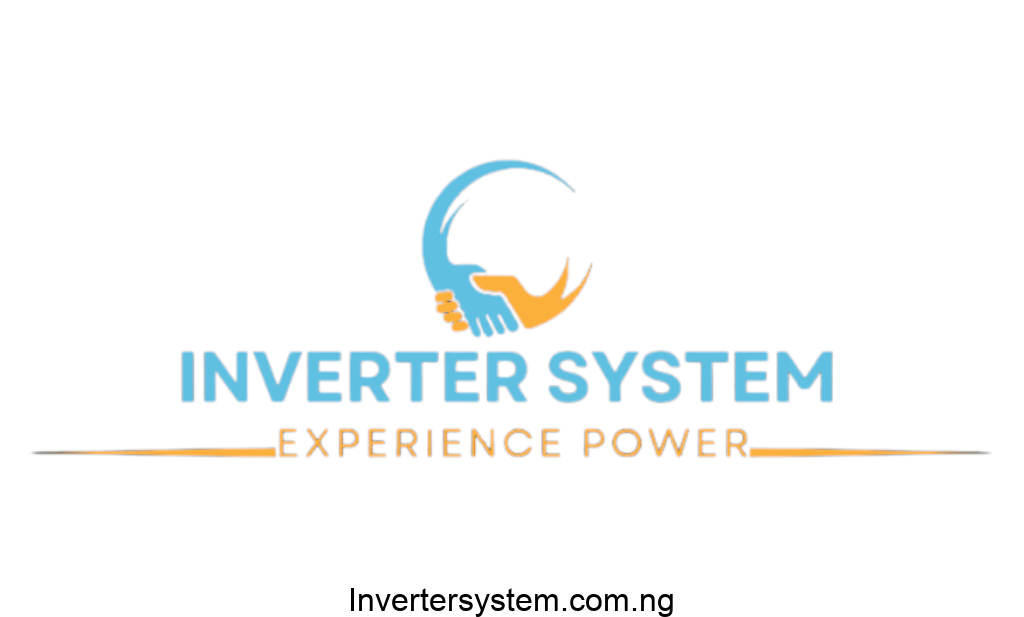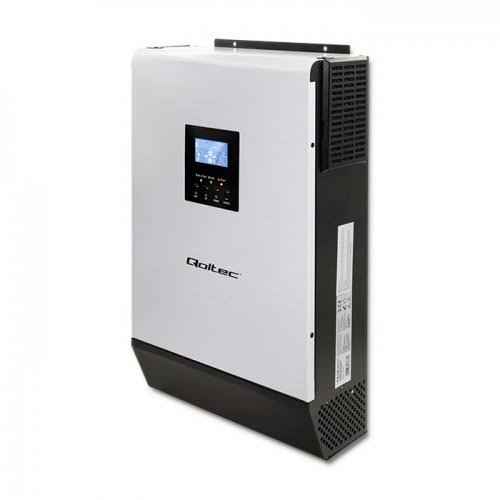Pure Sine Wave vs Hybrid Inverter: 5 Clear Difference Disclosed

Have you ever admired why some appliances hum quietly while others struggle to perform efficiently on certain inverters? The choice between a pure sine wave inverter and a hybrid inverter could be the answer. These two types of inverters serve different purposes and cater to varied energy needs, yet they are often confused.
Power inverters are essential components in modern energy systems, bridging the gap between power sources and electrical appliances. From small-scale residential setups to complex renewable energy installations, choosing the right inverter can significantly impact the performance, efficiency, and reliability of your system.
Among the many inverter types, the pure sine wave inverter and the hybrid inverter stand out for their unique roles. While both convert direct current into alternating current to power appliances, their functionality and use cases differ greatly.
In this article, we’ll provide a detailed comparison of these two inverter types, exploring their features, benefits, limitations, and applications. By covering every aspect, we aim to help you make the best decision for your specific energy needs.
What is a Pure Sine Wave Inverter?

A pure sine wave inverter delivers a smooth, consistent AC waveform that closely resembles the electricity supplied by the grid. This waveform ensures the stable operation of sensitive devices that require precise voltage and frequency levels.
Key Features and Benefits:
- Clean Power Output:
- Produces a pure sine wave, making it ideal for sensitive electronics like medical equipment, computers, and refrigerators.
- Reduces the risk of malfunctions or damage to appliances.
- High Efficiency:
- Minimizes harmonic distortion, ensuring energy is used efficiently without wastage.
- Wide Compatibility:
- Works seamlessly with most appliances, including those with motors, compressors, and microprocessors.
Applications:
- Residential Systems: Often used in UPS (uninterruptible power supply) systems to ensure smooth power during outages.
- Industrial Settings: Powers machinery that requires stable electricity.
- Camping and RVs: Offers reliable power for portable appliances.
What is a Hybrid Inverter?

A hybrid inverter integrates energy storage, renewable energy sources (like solar panels), and power management into a single unit. It offers both inversion and system-wide energy optimization, making it a preferred choice for modern energy setups.
Key Features and Advantages:
- Multi-Source Integration:
- Combines power from solar panels, the grid, and battery storage.
- Optimizes the use of renewable energy, reducing dependence on grid electricity.
- Battery Charging and Management:
- Supports energy storage, allowing users to store excess solar power for later use.
- Ensures power availability during grid outages or at night.
- Smart Energy Management:
- Automatically switches between power sources to maximize efficiency.
Applications:
- Residential Solar Systems: Perfect for homes with solar panels and battery storage.
- Off-Grid Locations: Provides a reliable power solution where grid access is limited or unavailable.
- Commercial Use: Helps businesses reduce energy costs by optimizing renewable energy usage.
Key Differences Between Pure Sine Wave and Hybrid Inverters

| Aspect | Pure Sine Wave Inverter | Hybrid Inverter |
|---|---|---|
| Functionality | Converts DC to AC power for appliances. | Combines inversion, energy storage, and management. |
| Power Output Quality | Produces a clean, stable sine wave. | Produces clean power with additional management features. |
| Applications | Ideal for standalone systems and sensitive devices. | Best for systems integrating renewable energy. |
| Cost | Lower upfront cost. | Higher cost due to multi-functionality. |
| Complexity | Simple installation and operation. | More complex, requiring professional setup. |
Pure Sine Wave Inverter vs Hybrid Inverter: Pros and Cons
Pure Sine Wave Inverter:
- Pros:
- Simple, efficient, and reliable for specific power needs.
- Compatible with a wide range of appliances.
- Lower initial cost and easy maintenance.
- Cons:
- Limited to power conversion; no energy storage or advanced features.
Hybrid Inverter:
- Pros:
- Integrates renewable energy sources and battery storage.
- Reduces grid dependency and optimizes energy efficiency.
- Supports off-grid operation and energy autonomy.
- Cons:
- Expensive upfront cost.
- Requires professional installation and regular maintenance.
How to Choose Between a Pure Sine Wave and Hybrid Inverter

When deciding between these two types, consider the following factors:
- Energy Needs:
- If you need reliable, stable power for sensitive devices, go with a pure sine wave inverter.
- For renewable energy integration and battery storage, a hybrid inverter is the better option.
- Budget:
- A pure sine wave inverter is more affordable initially but lacks scalability.
- Hybrid inverters have a higher upfront cost but offer long-term energy savings.
- Future Plans:
- If you plan to expand into solar or off-grid systems, a hybrid inverter provides flexibility and scalability.
- Location:
- For off-grid or remote areas, hybrid inverters are invaluable.
- Pure sine wave inverters are better suited for locations with reliable grid power.
Comparing Hybrid and Pure Sine Wave Inverters for Specific Use Cases
- Residential Applications:
- Pure sine wave inverters are best for homes needing stable power for sensitive electronics.
- Hybrid inverters excel in homes with solar panels, offering grid independence and energy efficiency.
- Off-Grid Solar Systems:
- Industrial and Commercial Use:
- Pure sine wave inverters remain essential for operations requiring consistent and precise power.
Pure Sine Wave Inverter vs Hybrid Inverter: Which is Better?

Neither inverter is inherently better—it depends on your specific needs. Choose a pure sine wave inverter for simplicity and stability. Opt for a hybrid inverter if you need a future-proof system that integrates renewable energy and battery storage.
Conclusion
The choice between a pure sine wave inverter and a hybrid inverter hinges on your energy priorities. For stable, clean power, the pure sine wave inverter is a reliable workhorse. However, if sustainability, energy independence, and adaptability are important, the hybrid inverter is a clear winner.
Now that you’ve explored their features, benefits, and applications, take the next step: evaluate your energy goals, and invest in the inverter that best aligns with your vision for a more efficient and reliable power system.





